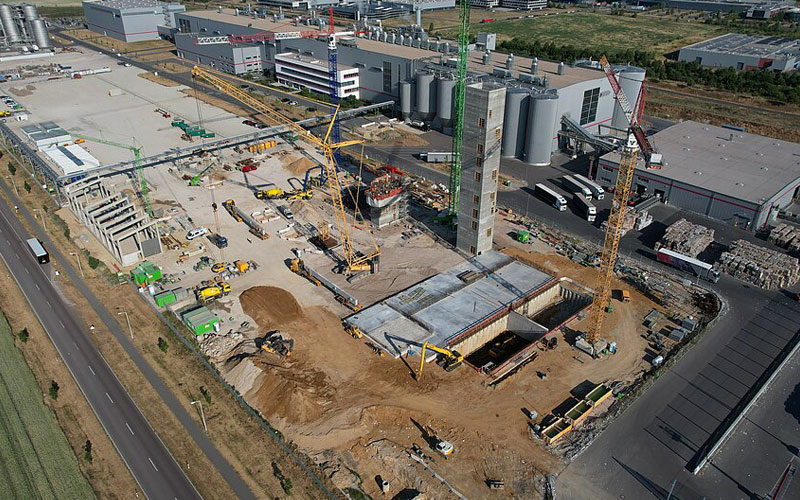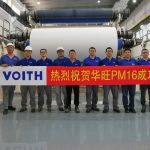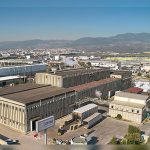Progroup has laid the foundation for its new waste-to-energy plant at the Sandersdorf-Brehna site. The new power plant, in combination with the PM3 paper mill nearby, will deliver an additional saving of around 80,000t of CO2 each year. The power plant is expected to start operating at the end of 2025.
Jun 28, 2023

Progroup has recently laid the foundation for a new waste-to-energy plant at the Sandersdorf-Brehna site. In combination with the PM3 paper mill nearby, the new power plant will deliver an additional saving of around 80,000t of CO2 each year. The new plant will achieve this by utilizing waste materials from the company’s own paper production and the region and turning them into resource-friendly energy. The energy that is produced will then be reused in the paper mill. Progroup always constructs its new plants on “greenfield” sites. This allows the company to continuously perfect its whole system from one project to the next. The projects in Saxony-Anhalt also bear testament to this: In 2001 Progroup integrated a closed water cycle into its first paper machine in Burg – a world first at the time. Ten years later, the company started operating its first waste-to-energy plant at its paper mill in Eisenhüttenstadt, Brandenburg.
Also Read: Huawon Begins Decor Base Paper Production with Voith’s Newly Commissioned XcelLine PM 16
At its third paper machine in Sandersdorf-Brehna, Progroup is now combining these successful models. Together with the waste-to-energy plant, Progroup will in future complete the material cycle, generate its own resource-friendly energy and create a zero-waste site in the process. The power plant is expected to start operating at the end of 2025. Mr. Maximilian Heindl, Progroup’s Chief Executive Officer, in his opening speech to mark the laying of the foundation stone shared, “To protect our planet from a climate catastrophe, we need to wean ourselves off fossil fuels and as a society open up a new chapter in conserving resources. As a family company, we feel a particular responsibility to take action. We’re living up to this by viewing this challenge as an opportunity to embrace new innovations – and that’s exactly what we’re doing. We want to become even more efficient, independent and sustainable.”



